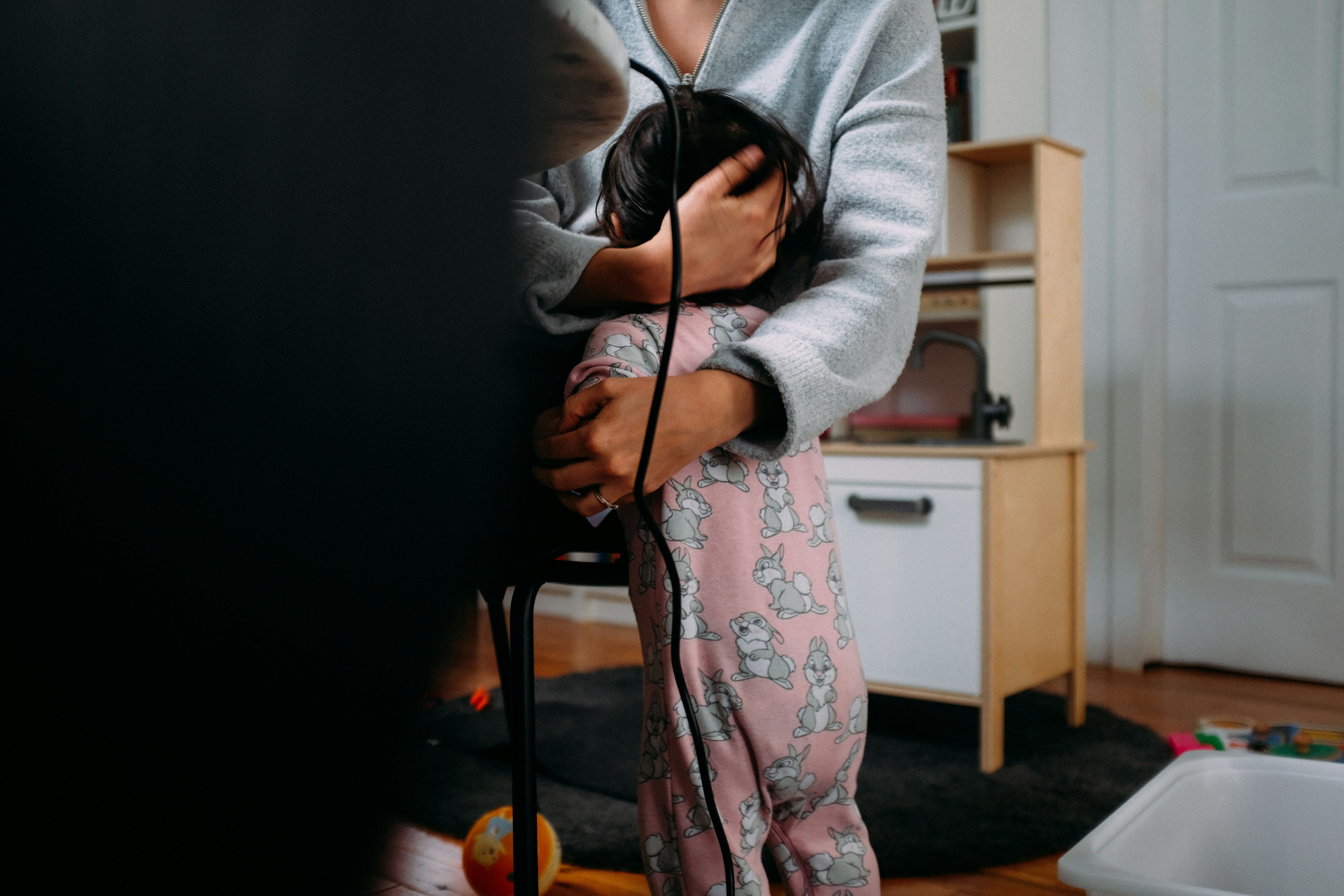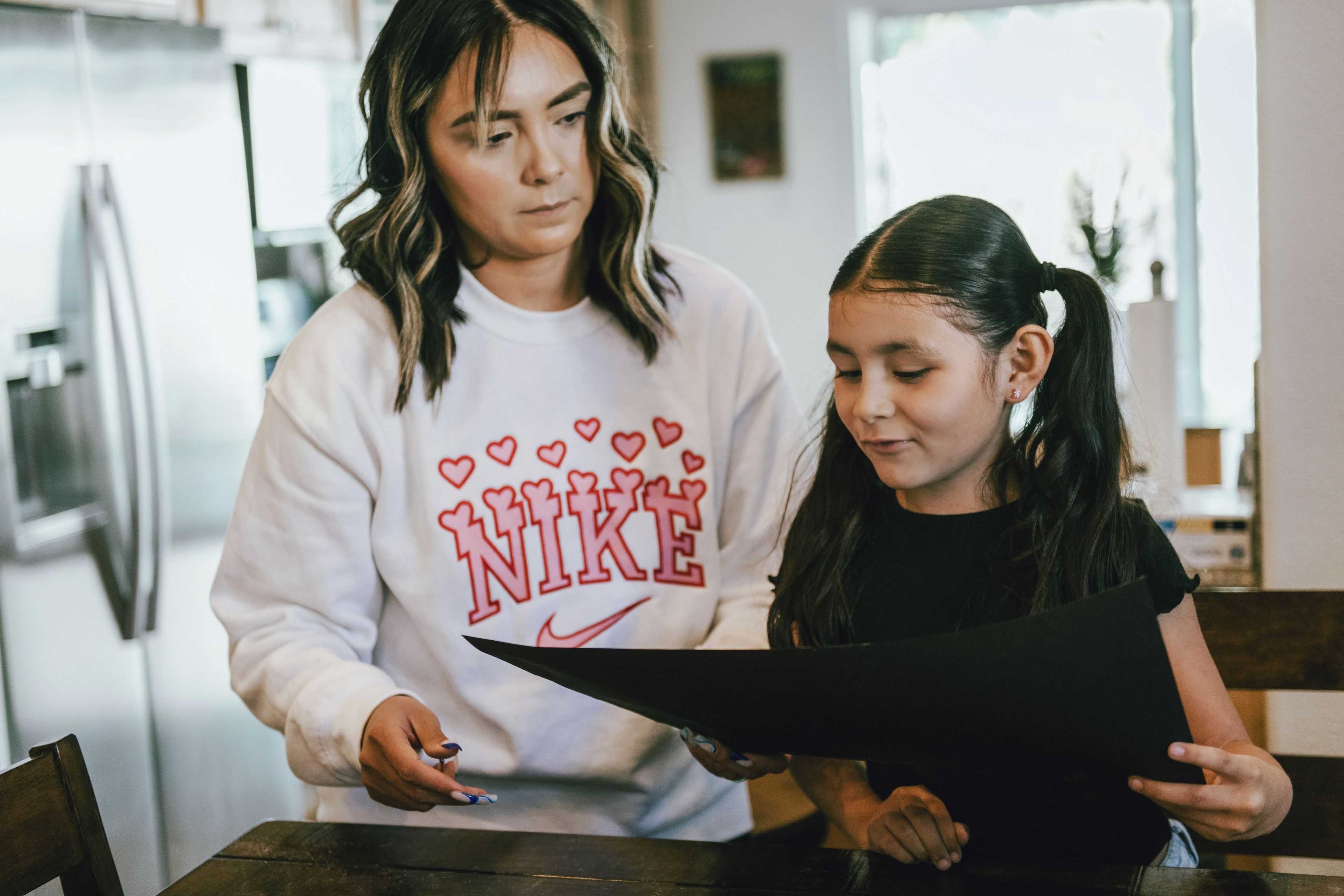How to Manage Your Emotions When Your Child Triggers You
April 7th, 2025
This script will give you different options for self-talk and things you can say to your child when they trigger big emotions.
Your child is going to trigger you and activate big emotions. It’s your job to learn how to label and manage those emotions so they don’t negatively impact your behavior. This script will give you different options for self-talk and things you can say to your child depending on their age and developmental level.

Ages 0–4 (Toddlers & Preschoolers)
Self-Talk:
- "They’re not giving me a hard time. They’re having a hard time."
- "It’s okay to pause. I don’t have to fix this."
- "My calm will become their calm."
To Your Child:
- “I see you're upset. I’m here with you.”
- “We can breathe together.”
- “Let’s take a break and sit together.”
Ages 5–8 (Early School Age)
Self-Talk:
- "Their brain is still learning how to handle frustration."
- "This is a moment, not a reflection of my parenting."
- "I can choose to respond instead of react."
To Your Child:
- “I’m starting to feel overwhelmed, so I’m going to take a break before we talk.”
- “It’s okay to feel angry. Let’s find a way to work through it together.”
- “I need a moment to calm down, and then we’ll figure this out.”
Ages 9–12 (Tweens)
Self-Talk:
- "This is part of becoming independent. It’s not personal."
- "I can model emotion regulation."
- "I’m allowed to have feelings, too—but I don’t need to dump them on my kid."
To Your Child:
- “I care about what you're saying, and I want to talk when we’re both calmer.”
- “I need a few minutes to cool down. Let's check in in 10 minutes.”
- “I’m feeling triggered right now, so I’m going to step away and come back when I can be a better listener.”

Ages 13–18 (Teens)
Self-Talk:
- "Disrespect and emotional immaturity are different things. What is actually going on here?"
- "My teen’s emotions don’t have to control mine."
- "I’m parenting a future adult, not controlling a child."
To Your Teen:
- “I’m feeling really frustrated, and I want to talk without making things worse. Let’s take a break.”
- “You don’t have to agree with me, but we both deserve respect.”
- “I want to keep this conversation healthy, so I’m going to step back and come back to it when I’m ready.”